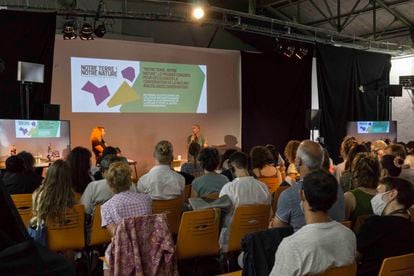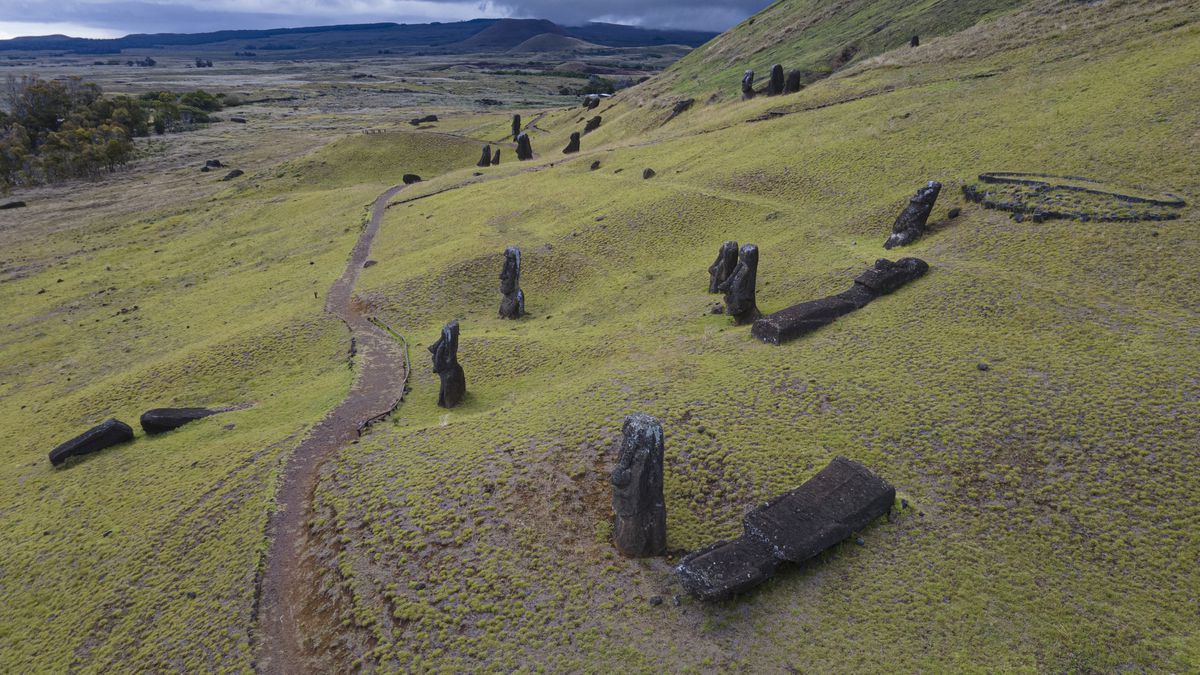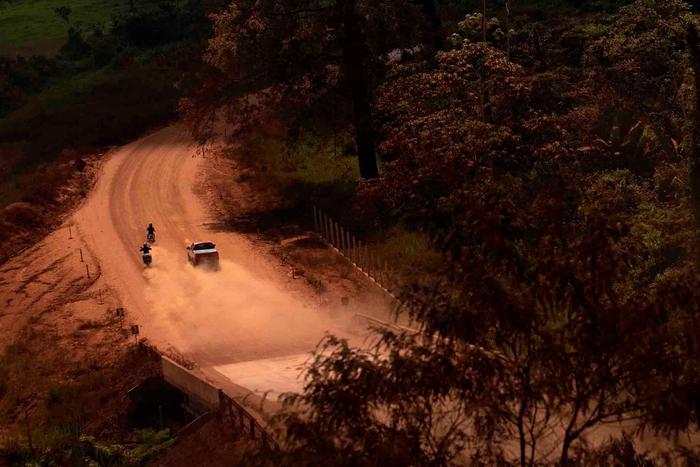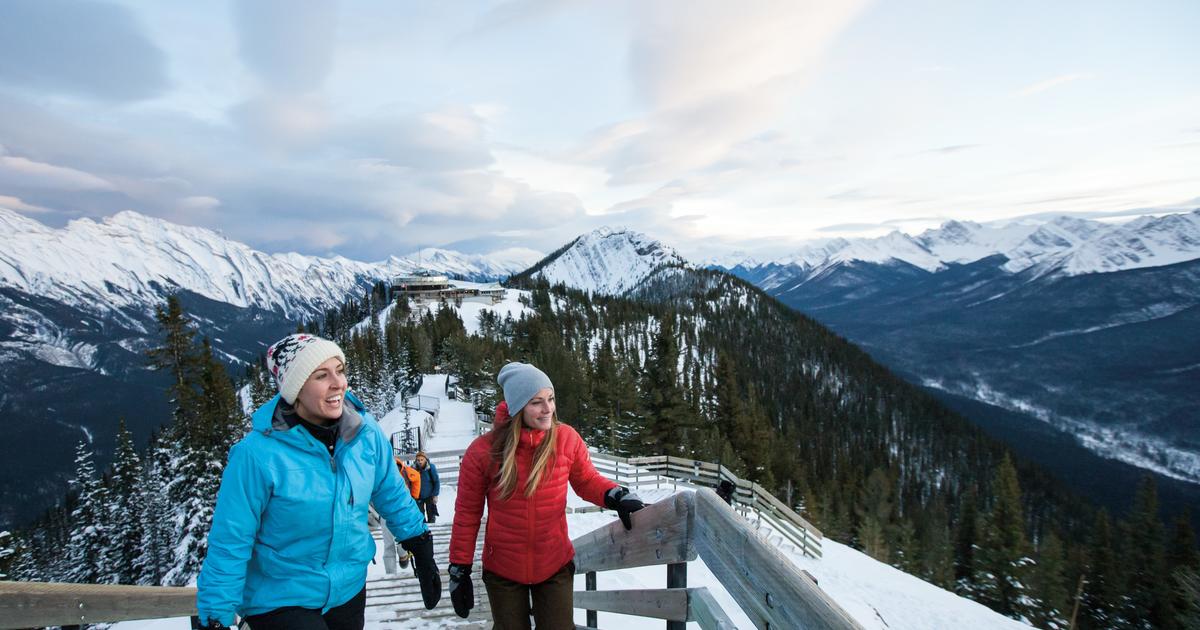Note to readers: EL PAÍS offers the Future Planet section for its daily and global information contribution on the 2030 Agenda. If you want to support our journalism,
subscribe here
.
"What happens in the jungle, stays in the jungle."
Robert Moise, an American anthropologist, who along with thirty experts, activists and leaders of indigenous communities from all over the world, participated on September 2 in the
Our Land, Our
congress.
Future!
organized by Survival International and Rainforest Foundation UK in Marseille, with the support of many other small organizations working for minority rights.
More information
There are no indigenous people without forests and there will be no forests without indigenous people
There is no way to save the planet without counting on the indigenous population
Indigenous people take better care of the Earth
The conservation of nature is related to environmental protection, but it is a subject not without controversy according to the different currents that interpret it. Developed at the beginning of the 20th century by the North American president Theodore Roosevelt, conservationism mainly defends the protection and conservation of natural resources, and proposes that the State be in charge of safeguarding them for future generations and managing them, legally ordering the space in which they are found for your use and care. One of the most extreme and controversial currents is the so
-
called
conservationism-fortress,
which considers nature as intact and unexplored and therefore seeks its total protection, creating parks or spaces where human presence is not allowed.
However, this extreme conservationism does not consider indigenous peoples and local communities as an active part of nature or even guarantors of biodiversity, and this is where various voices are raised that accuse this current of "anthropocentric, colonialist and racist". since it ignores the ancestral presence of these natives in the territories and, above all, their fundamental role as actors in the care of natural resources.
Today, 80% of the planet's biodiversity is found in territories controlled by indigenous communities
It was no coincidence that the French city was chosen to host this meeting, since the World Conservation Congress, organized by the International Union for Conservation of Nature (IUCN), will take place from September 3 to 11 in Marseille. .
The goal of Our Land, Our Future!
It has been to add an additional point and focus on the decolonization of conservation and the role of indigenous people in dealing with the current environmental crisis.
The native peoples wish to contribute an alternative vision to this global meeting of international leaders, companies and organizations where, furthermore, this year for the first time a small group of indigenous representatives have participated.
Protect animals or people?
The debate around conservationism has many edges, and one of them is the constant violations of the human rights of the communities that inhabit the forests and protected jungles.
Native peoples who are often expelled from territories where they have resided for generations either because of the construction of a mine, because a wind farm is going to be created or because that territory becomes a protected area.
As a consequence, access to a natural space to which they have been historically linked is often restricted;
where, however, they could develop economic activities such as tourism, safaris or the sustainable exploitation of resources, among others, and provided that they have an economic impact on its maintenance.
Mapuche activist Llanquiray Painemal.Rocío Periago
Expoliation and expulsion or non-recognition of their rights over the territory ... these are some of the situations experienced by many inhabitants of native peoples; circumstances that prevent them from maintaining their lifestyle and culture and condemn them to poverty. Because, in the best of cases, they will have lost the tools and way of making a living, but in the worst, their identity and their ancestral union with their territory will have been taken away.
“Not all human beings have destroyed nature, no.
They have been a way of life and a concrete ideology.
In reality, we are part of it and we must stop pretending that we are separate.
Their protection should be considered a vital aspect (…) How to live and create a world in which healthy life is possible for everyone?
Indigenous peoples and local communities living on the land have a lot to say about it, and we must start to listen and learn, ”insisted Fiore Longo of Survival International.
A moment of the congress 'Our Land, Our Future!', Held in Marseille the first days of September.Rocío Periago
How to protect the environment including also indigenous people?
This is one of the aspects in which the participants of the congress have influenced: the lack of a perspective that addresses reality from their perspective as communities inextricably linked to the environment, because the different conservationist measures and policies have always been imposed by organisms oblivious to them, without taking them into account.
However, the data prove their way of life and environmental interdependence: today, 80% of the planet's biodiversity is found in territories controlled by indigenous communities.
Despite what they would have us believe, not all societies erode nature.
Not all societies seek endless accumulation and waste
Fiore Longo, Director of Survival International
Concerns about the loss of biodiversity, the destruction of the environment and climate change are the other great problem posed, and here indigenous communities have much to contribute. Faced with initiatives that defend personalities, such as United States President Joe Biden or Frenchman Enmanuel Macron, in favor of a proposal that calls for 30% of the planet to be Protected Areas or other solutions based on nature by 2030, the message of Rejection by the participants of the alternative congress was unanimous. “Government and development policies are needed. How are we going to protect the 30% if the other 70% continues as usual? Climate change and pollution have no borders! ”Ashish Kothari of Kalpavriksh, an environmental association in India, demanded online.
Taneyulime Pilisi, from French Guiana, participant in the congress, Rocio Periago
Some indigenous organizations and communities allege that these measures are often imposed without scientific criteria, that there is insufficient analysis of the economic and social impacts in the areas, and that there are clear direct implications for the peoples living there.
From the congress they denounce that there is a failure in the protection of the human rights of the natives who depend on their lands as a way of life and that no action is being taken.
The alternative that we propose has always been there, it is a proposal to understand the world in a different way at the rate we are going of irrational and unnecessary consumerism
Llanquiray Painemal, Mapuche activist
"In recent years, various business solutions and alternatives have emerged that say they are committed to the environment, the fight against climate change and the loss of biodiversity," said Simon Counsell, a Survival International consultant who participated in the congress. However, some are unfeasible due to the complexity involved in putting them into practice. In other cases, these alleged proposals are mere
marketing
campaigns
of companies that seek to wash their image without actually making substantial changes in the way they produce or that speculate with services or natural resources, such as compensation systems for carbon dioxide emissions into the atmosphere. “They are not really solutions. Polluting industries talk about them and carbon credits as financing from nature, although in reality it is an economic benefit for companies ”, stated Counsell.
However, despite the negative message, voices were also heard that posed facing the challenges and offering solutions with indigenous communities at the center of conservation.
“We need to rethink the types of Protected Areas that exist and look for a more sophisticated model of biodiversity protection.
This is where large organizations face a great challenge, because it is very difficult for them to change their own structures, ”explained Mordecai Ogada, a Kenyan ecologist specializing in carnivores and conservation scholar.
That seed that you sow in space, even if it is a person who listens to you, a person that you manage to win over to build a better world, that little seed is going to multiply
Llanquiray Painemal, Mapuche activist
Llanquiray Painemal, a Mapuche activist living in Germany, who insisted on the idea that climate change is a problem that affects us all globally and that the key was to change the current consumption model was also committed to a hopeful message. . "The alternative that we propose has always been there, it is a proposal to understand the world in a different way from the current rhythm of irrational and unnecessary consumerism," he explained. "There is a Mapuche expression,
marichiweu
which means: “ten times they hit us, ten times we got up;
ten times we resurfaced, ten times we returned ”.
Because what you sow today, in the next generation will return.
That seed that you sow in space, even if it is a person who listens to you, a person that you manage to win over to build a better world, that little seed is going to multiply.
That is why we affirm that all is not lost.
Of course it has its costs, criminalization, everything we hear, but we are still there ”.
Different perspectives on a global issue, on which a clear message stands out: it is necessary to involve communities and ensure the effective participation of all parties involved if solutions are to be found to protect the planet.
FUTURE PLANET can follow on
,
and
, and subscribe
here
to our 'newsletter'
.






/cloudfront-eu-central-1.images.arcpublishing.com/prisa/ZP4NWHUN7JACK2UZSAHGHFED3E.jpg)


/cloudfront-eu-central-1.images.arcpublishing.com/prisa/MG6G7DJUBNBLRNE2DSTK4WZYTY.jpg)